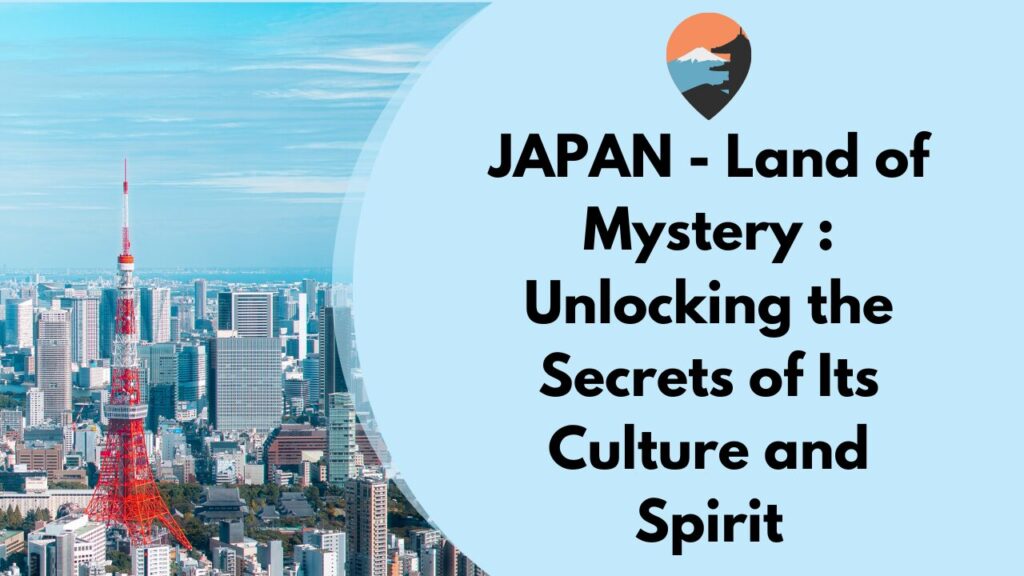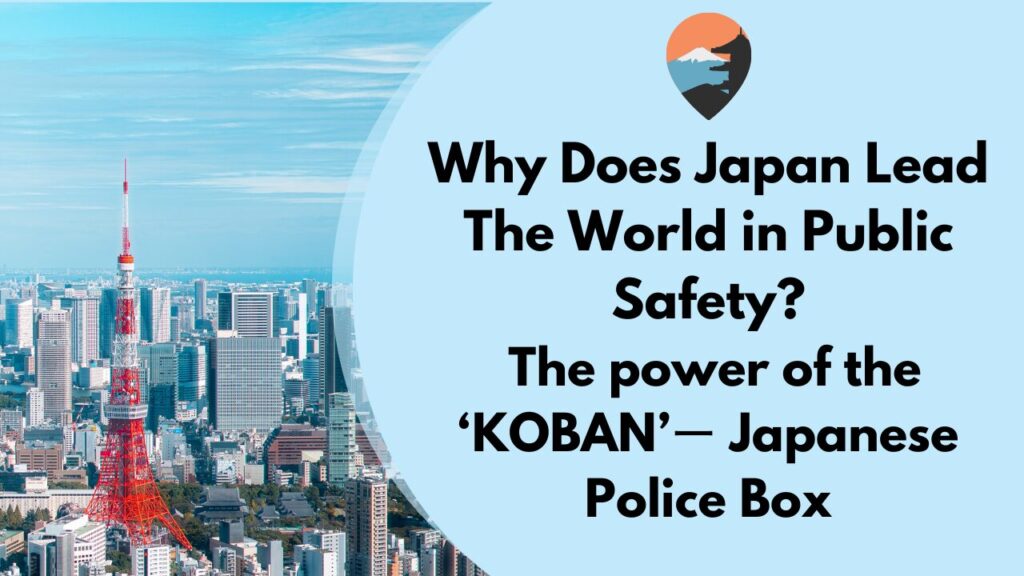Japan captivates the imagination. A kaleidoscope of images springs to mind: vibrant anime, melt-in-your-mouth sushi, beautiful Mt. Fuji. People renowned for their longevity reside in a country at the forefront of technological innovation. These are just a taste of Japan’s charm.
However, beneath these familiar notions lies a deeper essence. Japan topped the prestigious Anholt-Ipsos Nation Brands Index (NBI)* for the first time in 2023. This is the first time that a country from the Asia-Pacific region other than Germany or the U.S. has been selected as No. 1, indicating Japan’s high reputation in the world.
Japan’s impressive climb wasn’t limited to just one category. Its ranking improved across the board, placing it within the top 10 for all six NBI indicators.
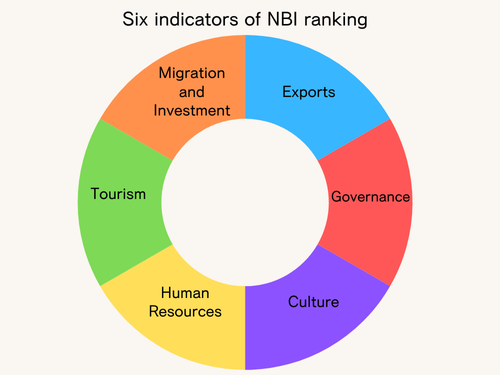
Source: Made by Shin Edupower based on “The Anholt-Ipsos Nation Brands Index SM—Press Release – Supplemental Report November 2023″
A Nation Unlike Any Other
Notably, it maintained its dominance in the “exports” category, ranking first in all three sub-indices: contribution to science and technology, fostering creativity, and producing attractive products.
Japan’s high rating on the newly added common interest question, “different from any other place,” also highlights the unique attractiveness of Japan.
Japan’s strong performance extended to the “Human Resources” and “Tourism” categories as well. This remarkable achievement underscores the growing recognition of Japan’s exceptional qualities and its profound impact on the global stage.
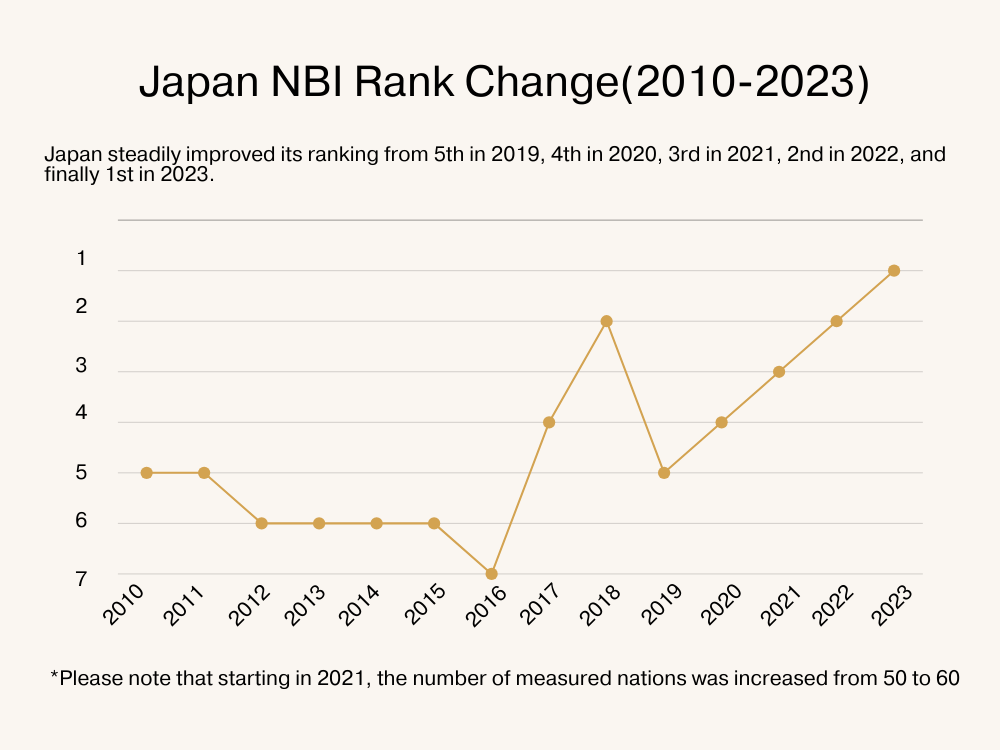
Source: Made by Shin Edupower based on “The Anholt-Ipsos Nation Brands Index SM—Press Release – Supplemental Report November 2023″
*The Anholt-Ipsos Nation Brand Index (NBI ) is a global survey conducted annually since 2008 by Ipsos and Simon Anholt, the world’s leading authority on nation image, to assess the strength of nation brands. It measures nation brand strength by surveying perceptions in six categories:Exports, Governance, Culture, Human Resources, Tourism, and Migration and Investment. Source:【Appendix】NBI2023_Summary of Results for Japan
1.A Land of Legacy and Transformation
A Millennia-Old Legacy: Horyuji Temple
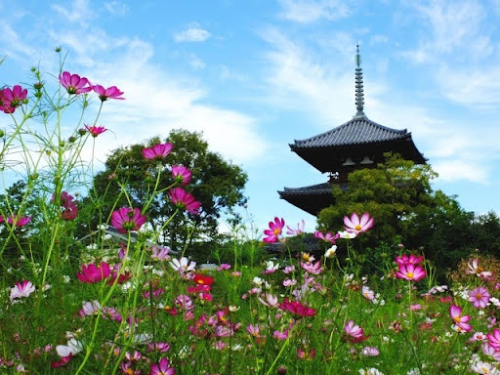
Boasting over 1,300 years of history, Horyuji Temple stands as the oldest wooden structure in the world, a remarkable testament to Japan’s enduring heritage.
This ancient Buddhist temple, nestled in Ikaruga-cho, Nara Prefecture, is believed to have been founded by Shotoku-Taishi, the crown prince and regent of his time.
Horyuji Temple’s significance goes beyond its sheer age. Remarkably, the temple has remained largely unchanged since its original construction, despite undergoing numerous restorations throughout its centuries-long history.
These painstaking efforts exemplify the deep respect for Horyuji Temple and serve as a powerful reminder of the enduring legacy of traditional Japanese culture and techniques, which continue to inspire many in today’s society.
Horyuji Temple: https://www.japan-guide.com/e/e4104.html
The Secret to Japan’s Enduring Enterprises
Japan’s reputation for longevity extends beyond its temples and into the realm of business. The country is home to the largest concentration of companies with over 100 years of history in the world. Additionally, Japan is home to the world’s oldest company. This is a testament to both a deep respect for tradition and an ability to adapt to the ever-changing tides of time.
2.Living in Harmony with Nature
A Reverence for the Natural World

Deeply connected to nature, Japanese culture reflects the geographical conditions of Japan, where forests blanket nearly 70% of the land.Mountains, rivers, and oceans are not merely scenery; they are an integral part of the Japanese way of life. This reverence for nature extends to the belief that spirits inhabit the natural world.
For example, during thunderstorms, parents traditionally tell their children that “thunder god(KAMINARI-SAMA) is angry.” The connection between people and nature is passed down from generation to generation, imbued with respect, modesty, and a touch of awe.
This deep respect manifests in various ways, from the erection of shrines and temples to works of art that draw inspiration from nature’s beauty.
Disaster Preparedness: A Culture of Resilience
With natural disasters a common occurrence in Japan, the importance of preparedness is deeply ingrained in the culture. For example, disaster warning systems send alerts to smartphones, notifying residents of heavy rain, cyclones or earthquakes.
Additionally, workplaces, schools, and communities have implemented various disaster preparedness measures. These include evacuation drills, instructions on sheltering in place until rescue arrives, and stockpiling of emergency supplies like food at workplaces, schools, and communities .
The prevalence of cash-carrying in Japan is also linked to disaster preparedness. This ensures access to money in case of power outages caused by earthquakes or other disasters.

3.Embracing the Present Moment: The Essence of Zen
The Influence of Zen Buddhism
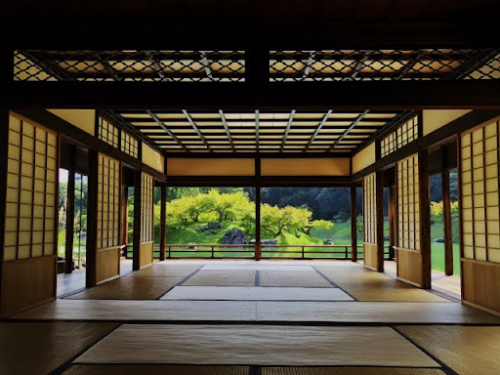
Inheritance, transformation, and the value of living in harmony with nature – these elements are woven together to create Japan’s charm, which is further deepened by the spirit of respecting “the present moment” and “one’s own experience.”
Behind this spirit lies the strong influence of the Buddhist philosophy of Zen. This philosophy is a branch of Buddhism originating in India that seeks to calm the mind and find one’s true self through zazen. Zen was introduced to Japan via China around the 12th century.
Zen teachings permeate the daily lives of Japanese people in many ways. For example, the act of putting on one’s shoes after taking them off, cleaning with care and attention, and taking good care of one’s food are all based on the spirit of Zen.
Steve Jobs and the Zen Inspiration
In recent years, the Zen approach has been gaining attention in business, sports, and other fields. Steve Jobs, founder of Apple, was deeply influenced by Zen in his pursuit of simple, sophisticated design and the creation of innovative products. While Steve Jobs famously used the phrase “Stay Hungry. Stay Foolish.” in his Stanford commencement address, the original quote comes from the back cover of the Whole Earth Catalog, a counterculture magazine published in the 1960s and 1970s.The quote aligns with Zen philosophy in several ways.
“Greatness can often be found in what appears foolish. The key is to persevere with conviction.”
We must cherish the “present moment,” sharpen our five senses, and accumulate our own experiences. The Japanese have long believed that this is the path to true wealth and happiness.
Summary
Embracing its unique charm, Japan is forging ahead in its pursuit of development, leveraging the rich tapestry of values it has nurtured throughout its long history to shape modern society. This unwavering commitment to progress will undoubtedly continue to serve as a beacon of inspiration for people worldwide.
Explore Japan with Shin Edupower
Shin Edupower offers a range of programs that connect students in India and Japan, foster educational collaborations, and provide opportunities for cultural immersion through study tours. If you are eager to delve deeper into Japan’s rich culture and traditions, please feel free to contact us.

